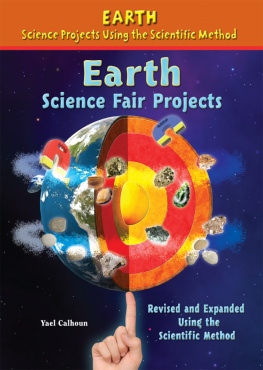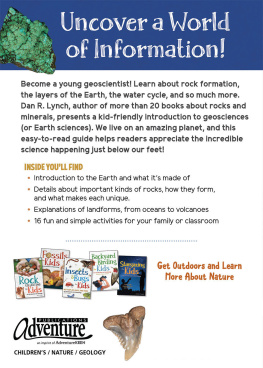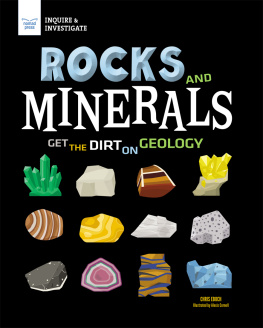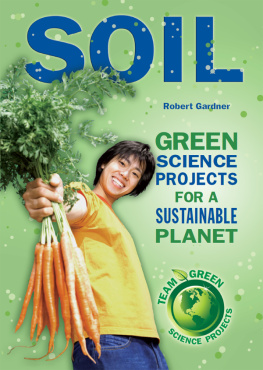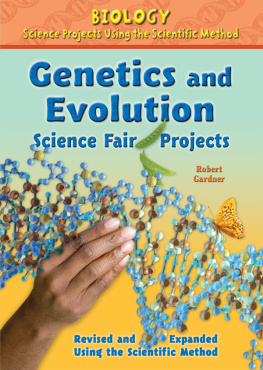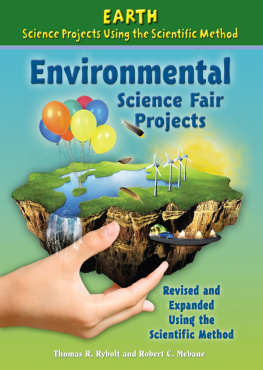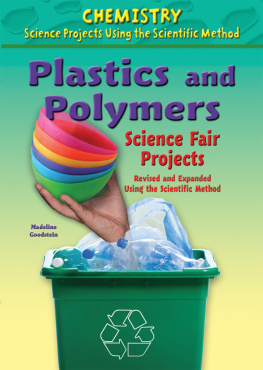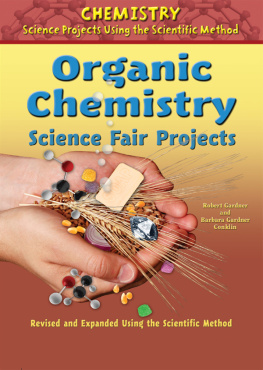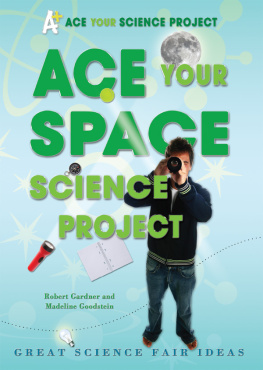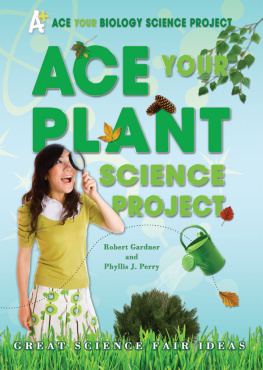Science Fair Projects Using Rocks, Minerals, Magnets, Mud, and More
How does density affect the formation of Earth's layers? How do crystals grow? Does groundwater move? Using easy-to-find materials and the scientific method, you can learn the answers to these questions and more. If you are interested in competing in science fairs, the book contains lots of great suggestions and ideas for further experiments about earth science and geology.
ABOUT THE AUTHOR
Yael Calhoun has an M.A. in education and an M.S. in natural resources. After years of teaching elementary school science, she is now writing books, teaching college, and working with schools to develop science programs.

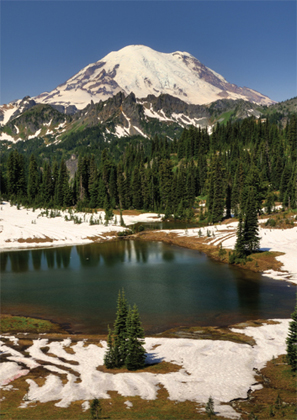
Image Credit: Shutterstock
Mount Rainier in Washington State is an active volcano formed by the eruption of melted rock from within the earth. Its peak is shaped by the ice and glaciers that surround the summit.
Before you even left the house this morning, you may have looked at, touched, admired, and eaten materials from the earth. Geology is the study of the earth, from the Latin word geo for earth. Among the subjects geologists study are the materials that make up the earth. Sometimes people use things directly from the earth, such as granite rocks for building or diamonds for jewelry. People also change the earths materials, such as refining oil into plastics. In a way, geologists are like earth detectives, using what they know to read the clues of the land to locate earth treasures such as gold, rubies, and oil.
Geologists also study the forces that have shaped the planet, such as erupting volcanoes, moving water and ice, shifting continents, and earthquakes. Scientists still cannot control many of these forces, but they can make more accurate predictions about their occurrences as new scientific equipment is developed.
Geologists also study time. A long time to you may be a year, but to a geologist it is millions, or even billions, of years that matter. Scientists developed the concept of geologic time so that they could think about periods of time since the planet was first formed, which they believe happened 4.6 billion years ago. Geologists study the clues in rocks to try to understand the earths history. They want to understand not only how the planet was formed, but how it has changed. They also use clues, such as those left in fossils, to try to understand how life has developed.
There are still many questions to explore about the earth.
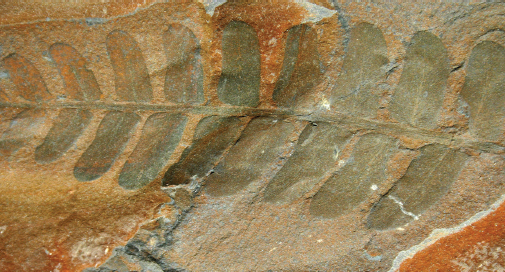
Image Credit: Shutterstock
An imprint of an ancient leaf is preserved as a fossil in stone.
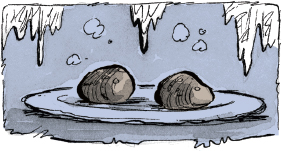
This book contains lots of fun experiments on the topics of earth science, including geology, water, and the characteristics of the earths layers. Each chapter has an introduction to the topic, followed by experiments. Each experiment will expand your knowledge of the chapter topic. The experiments do not have to be done in any special order. You can skip around in the book to find the chapters that interest you most. Read the chapter introductions before you perform the experiments.
You will also be given suggestions for independent investigations that you can do yourself. Many of the experiments are followed by a section called Science Project Ideas. This section contains great ideas for your own science fair projects.
To do some of the projects in this book, you may need people to help you, because more than one pair of hands may be required. Try to choose helpers who are patient and who enjoy experimenting as much as you do.
The experiments are all easy to do and safe to carry out when the instructions are followed as given. Consult with your school science teacher or some other responsible adult to obtain approval before starting any experiments of your own.
If any danger is involved in doing an experiment, it will be made known to you. In some cases, to avoid any danger to you, you will be asked to work with an adult. Please do so. We do not want you to take any chances that could lead to an injury.
Most of the materials you will need to carry out the projects and experiments described in this book can be found in your home. Several of the experiments may require items that you can buy from a supermarket, a hobby or toy shop, a hardware store, or one of the science supply companies listed in the appendix. As you begin to use this book, show it to one of the science teachers in your school. Perhaps the teacher will allow you and some of your friends to use the schools equipment. Your science teacher may have chemicals you can use for crystal growing.
As you do these projects, you will find it useful to record ideas and data from your experiments in a notebook. That way you can keep track of the information you gather and the conclusions you reach. It will also allow you to refer to other experiments you have done that may be useful in later projects.

Image Credit: Shutterstock
Work with a partner who enjoys experimenting.

When scientists have a question to answer, they start by researching. They read scientific literature and consult online science databases that are maintained by universities, research centers, or the government. There, they can study abstractssummaries of reportsby scientists who have conducted experiments or done similar research in the field.
In this way, they find out whether other scientists have examined the same question or have tried to answer it by doing an experiment. Careful research will tell what kind of experiments, if any, have been done to try to answer the question.
Scientists do not want to repeat experiments that have known and accepted outcomes. Also, they want to avoid repeating any mistakes others may have made while doing similar experiments. If no one else has done scientific work that answers the question, scientists then do further research on how best to do the experiment.
While researching for the experiment, the scientist tries to guessor predictthe possible results. This prediction is called a hypothesis.
The scientist hopes that a well-researched and carefully planned experiment will prove the hypothesis to be true. At times, however, the results of even the best-planned experiment can be far different from what the scientist expected. Yet, even if the results indicate the hypothesis was not true, this does not mean the experiment was a failure. In fact, unexpected results can provide valuable information that leads to a different answer or to another, even better, experiment.
A scientific experiment starts when someone wonders what would happen if certain conditions were set up and tested by following a specific process. For example, in an experiment about how water boils, you can ask the question: Does water always boil at the same temperature? A guess about the answer is your hypothesis, and some possible hypotheses might be:

